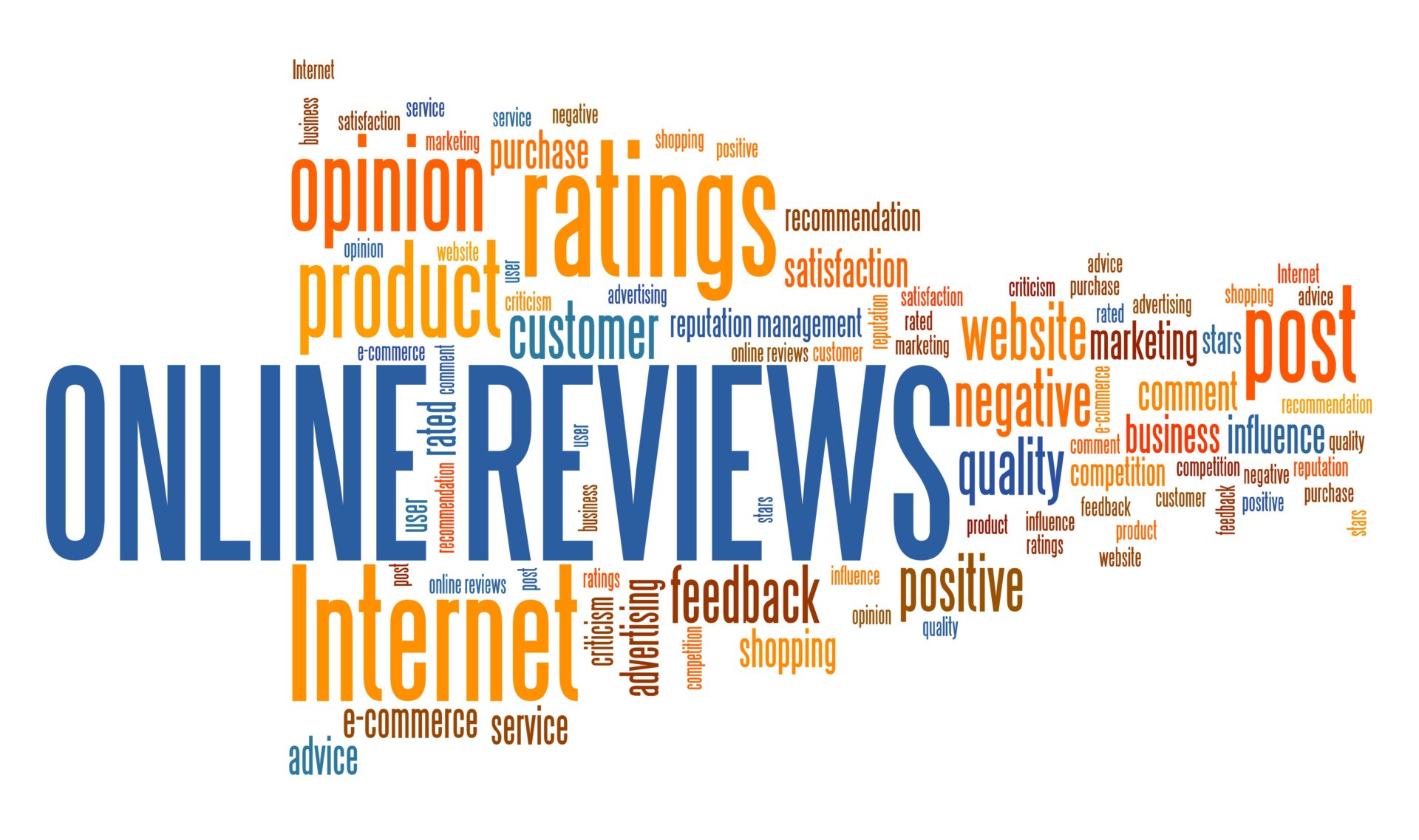It’s obvious that a good reputation, both online and offline, can influence prospective customers in their decision making process. But, did you know that search engines like Google, Bing and Yahoo use positive online reviews to help rank you higher than your competitors? If you’re currently doing any SEO or online marketing, or thinking of doing some, then it’s important that you incorporate online reviews and reputation management into your strategy.
Online Reviews and Search Engines
As search engines evolve to provide a better experience for their users, so too do their algorithms and ranking factors. Without getting too technical, links and other SEO fundamentals are still crucial in ranking higher than your competition, but signals like online reviews and other user generated content now play a major role in helping search engines determine what to show their users. It might seem like a popularity contest, but for Google, Bing and Yahoo; it’s important that people keep using their products, so providing users with a positive experience is their number one priority.
Online Reviews and SEO (Search Engine Optimisation)
Now that you understand the reasoning behind online reviews and how search engines use them to provide a better user experience, we can talk about the technical benefits that online reviews can have on your SEO strategy. Here are three ways online reviews can help with SEO.
They help provide fresh and relevant content
Search engines love fresh content. But what they love even more is fresh and relevant user-generated content, especially when it’s positive. User-generated content, such as online reviews, helps search engines determine which business people favour the most, and therefore allows them to provide a better user experience for the searcher. So, the more positive signals your content sends to Google, Bing or Yahoo, the better for your business’ ranking.
They help boost your organic click-through-rate
When a searcher sees a positive review that’s been published about your business, chances are they will be swayed enough to click through to your website. Every time someone clicks on your listing through a search engine, it sends off a positive signal. These clicks help search engines establish the amount of traffic a website is receiving based on the search queries they used to find your business online. Again, the more clicks or traffic your business’ website receives based on those keywords, the better you will rank for them.
They help with long-tail keyword rankings
Long-tail keywords are longer variations of the core keywords that represent your product or service, and can often help drive more traffic to your website if used appropriately. Online reviews provide your business with a great opportunity to rank even better as the words and phrases that are used by your target market are usually the same words and phrases that are used when people are searching through Google, Bing or Yahoo. So when search engines start to take notice of these long-tail keywords across the web, they can better reference them and relate them to back to your website. In other words, it helps establish more context around your content, again, helping you rank better for your main keywords and associated long-tail phrases.
Online Reviews and Your Brands Reputation
The obvious one – Positive reviews help influence people to purchase your product or service. Research shows that 67% of buyers are influenced by online reviews when trying to make a decision on who to buy from. This is why actively seeking out genuine reviews from happy customers should be part of your overall online marketing strategy.
Countering negative reviews is just as important. By being responsive and engaging with unhappy customers, you are showing a personal side to your business by extending your customer service beyond the traditional methods. Other prospective customers will see this, and it often rubs off in a positive way. No one is perfect, and people will get that – if you’re being genuine. Seeking out positive reviews will also help to counter the negative feedback.
